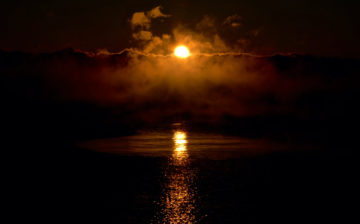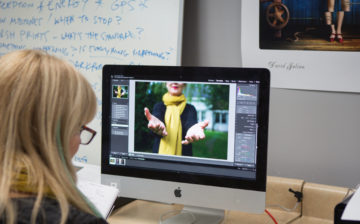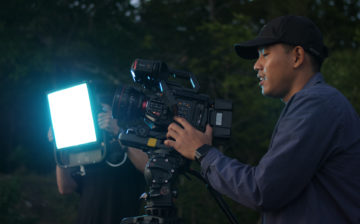Workshops
Some of our greatest literature comes directly from the land, and to save the world, we need to love it first.
There are no available registration dates at this time.
NOTE: This class will be held in an online format using the Zoom Platform.
There will be 4 class days: July 20th, 21st, 23rd and 24th (22nd is a writing day)
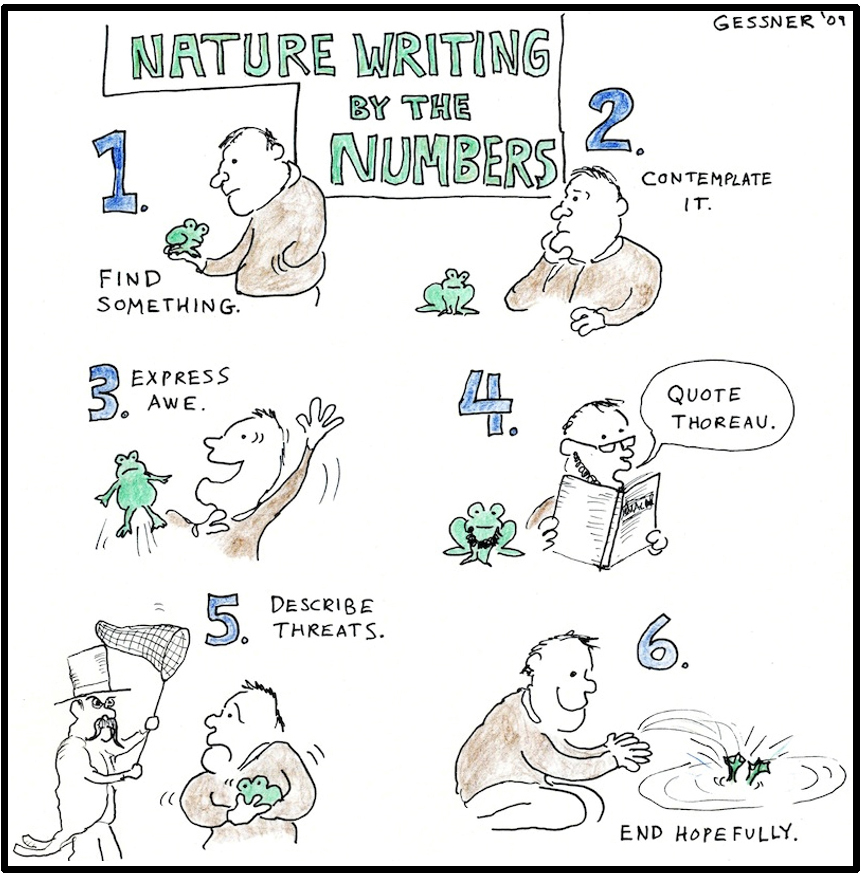
In recent years, I have been teaching creative writing workshops that focus on the idea of place and the environment in the age of climate change. These classes grow out of the conviction that some of our greatest literature comes directly from the land, and to save the world, we need to love it first.
You’ll explore the role of writing in this workshop. The way writing about places can play in personal essays, fiction, memoir, and nature. Through exercise, prompts, and through studying tools like journaling and interviews, you will learn to write about “place” that is vivid and visceral, not dry and abstract. The first step to saving a place is often awareness of those places, and writers are crucial in creating this awareness.
For writers who are stuck, a place often unlocks other topics and deeper concerns. Places and words have always been intertwined, and for some writers, turning their minds to a specific place they care for—a home, a patch of woods, a beach—can prove a reliable muse.
At the same time, writing about deeply knowing a place can sometimes make us feel a little mystical, even silly. As the great Alaskan writer John Haines said,”To express a place in art we need to take certain risks…we need intimacy of a sort that demands a certain daring and risk: a surrender, an abandonment.” Or as Barry Lopez puts it, you need to “become vulnerable to a place.” You’ll attempt this vulnerability in your writing for this class.
The goal of the workshop is to give students an awareness of the genre and the tools to begin to contribute to this great tradition, writing about nature and the environment. There is an urgency to this type of work, as climate change threatens the natural world as we know it. Therefore, there is no avoiding the political aspect to this kind of work. We will discuss the most effective ways to get our ideas out into the world, from outrage to humor.
CLASS SCHEDULE:
July 20, 21 and 23, 24
Daily: 10:00-11:30am and 1:00-2:30pm EDT
Wednesday the 22nd will be a writing day and I will provide prompts.
Share This
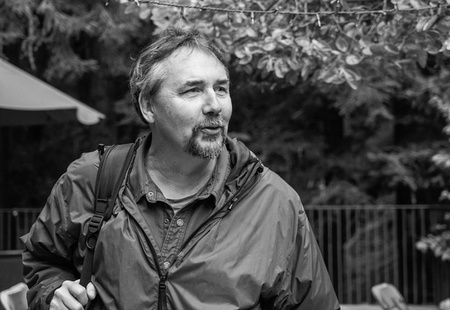
Instructor: David Gessner
David Gessner is the author of eleven books that blend a love of nature, humor, memoir, and environmentalism, including Leave It As It Is: A Journey Through Theodore Roosevelt’s American Wilderness; New York Times-bestselling All the Wild That Remains: Edward Abbey, Wallace Stegner and the American West, the award-winning The Tarball Chronicles, and others. Gessner serves as the Chair of the Creative Writing Department at the University of North Carolina, Wilmington. He is also the founder and Editor-in-Chief of the literary magazine, Ecotone. In 2017, he hosted the National Geographic explorer show, "The Call of the Wild."


